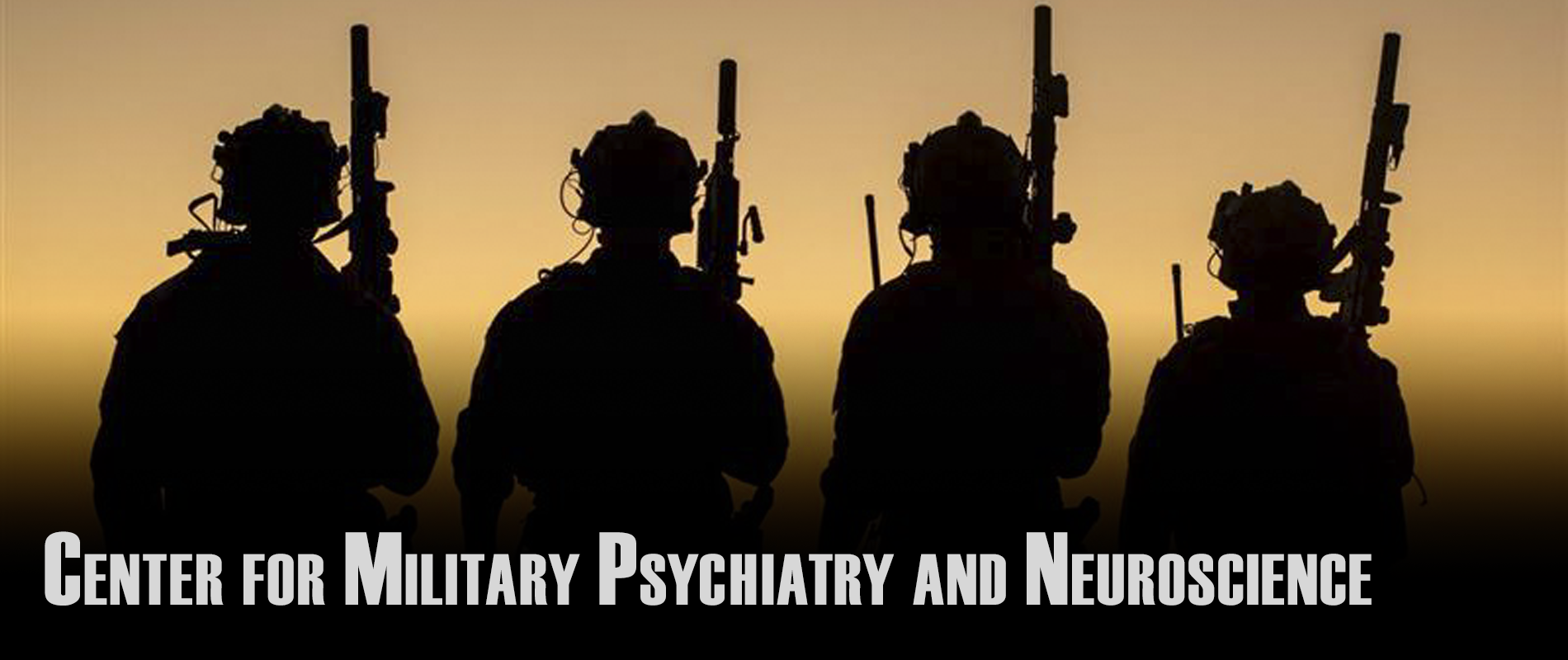
Throughout history, military leaders have understood that Service Members may falter under the mental stress of combat. During World War 2, the cost of combat stress was made clear with more than one million Service Members hospitalized for psychiatric reasons. Military psychiatry was born out of this heightened awareness of brain health threats.
Standing at the forefront of safeguarding and enhancing Soldier health, WRAIR created the Division of Neuropsychiatry and Neurophysiology in 1950. In the ensuing decades, that effort grew to become today’s Center for Military Psychiatry and Neuroscience (CMPN).
CMPN is a translational and expeditionary effort to identify and eliminate brain health threats to Soldiers. CMPN investigates and manipulates the relationship between sleep and performance, performs mental health assessments to inform unit Commanders on Soldier mental health needs, and develops and implements resilience trainings. On a parallel track are efforts to identify and treat traumatic brain injury as well as understand the impact of repeated blast exposure.
With more than 3,000 publications, numerous patents, and many products, CMPN is an internationally recognized leader in brain health and mental health, developing evidence-based strategies to diagnose, prevent, and mitigate the psychological demands of war, continuous operations, and brain trauma associated with military service.